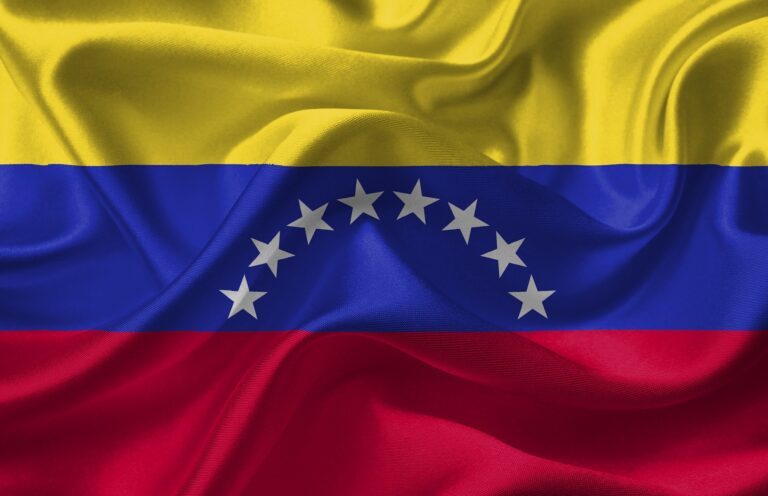According to a report by Reuters, Venezuela’s state-run oil company, PDVSA, is increasingly turning to the digital currency Tether (USDT) for its crude and fuel exports as the United States reimposes oil sanctions on the country. Three people familiar with the plan have confirmed to Reuters that PDVSA is speeding up its shift towards Tether (USDT) to reduce the risk of sale proceeds getting frozen in foreign bank accounts due to the U.S. measures.
Reuters reports that the U.S. Treasury Department recently decided not to renew a general license for PDVSA’s customers and providers, giving them until May 31 to wind down transactions. This move, according to Reuters, is expected to make it more challenging for Venezuela to increase its oil output and exports, as companies will now have to wait for individual U.S. authorizations to do business with the country.
As mentioned by Reuters, PDVSA has already been slowly moving oil sales to Tether (USDT) since last year. Tether (USDT) is pegged to the U.S. dollar and designed to maintain a stable value. Reuters notes that while the U.S. dollar remains the preferred currency for transactions in the global oil market, payments in cryptocurrency are emerging in some countries, although they are not yet frequent.
Venezuelan oil minister Pedro Tellechea told Reuters that PDVSA has different currencies, according to what is stated in contracts, and that in some cases, Tether (USDT) might be the preferred payment method. Despite the challenges posed by the U.S. sanctions, Reuters says that Venezuela’s oil exports have increased under Tellechea’s leadership, reaching around 900,000 barrels per day in March 2024, the highest in four years.
Per the Reuters article, by the end of the first quarter of 2024, PDVSA had moved many spot oil deals not involving swaps to a contract model demanding prepayment for half of each cargo’s value in Tether (USDT). Reuters also points out that the company is requiring new customers applying to conduct oil transactions to hold Tether (USDT) in a digital wallet, even in some old contracts that do not specifically state the use of Tether (USDT).
Reuters notes that the increasing reliance on Tether (USDT) has led PDVSA to work with intermediaries to meet the digital transaction requirements, as most traders’ compliance departments do not approve Tether (USDT) transactions. This practice has apparently become more common since the U.S. imposed secondary sanctions on Venezuela in 2020, disrupting the country’s relationships with large trading partners.
While Reuters points out that relying on middlemen for transactions could help PDVSA skirt sanctions, it will also mean a smaller portion of oil proceeds will end up in the company’s pockets. Despite this, Minister Tellechea remains optimistic about PDVSA’s future, telling Reuters that the company has “a big strength in trading” and is prepared commercially to address the return of Washington’s sanctions.
Featured Image via Pixabay









